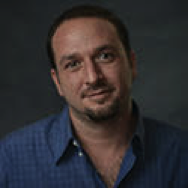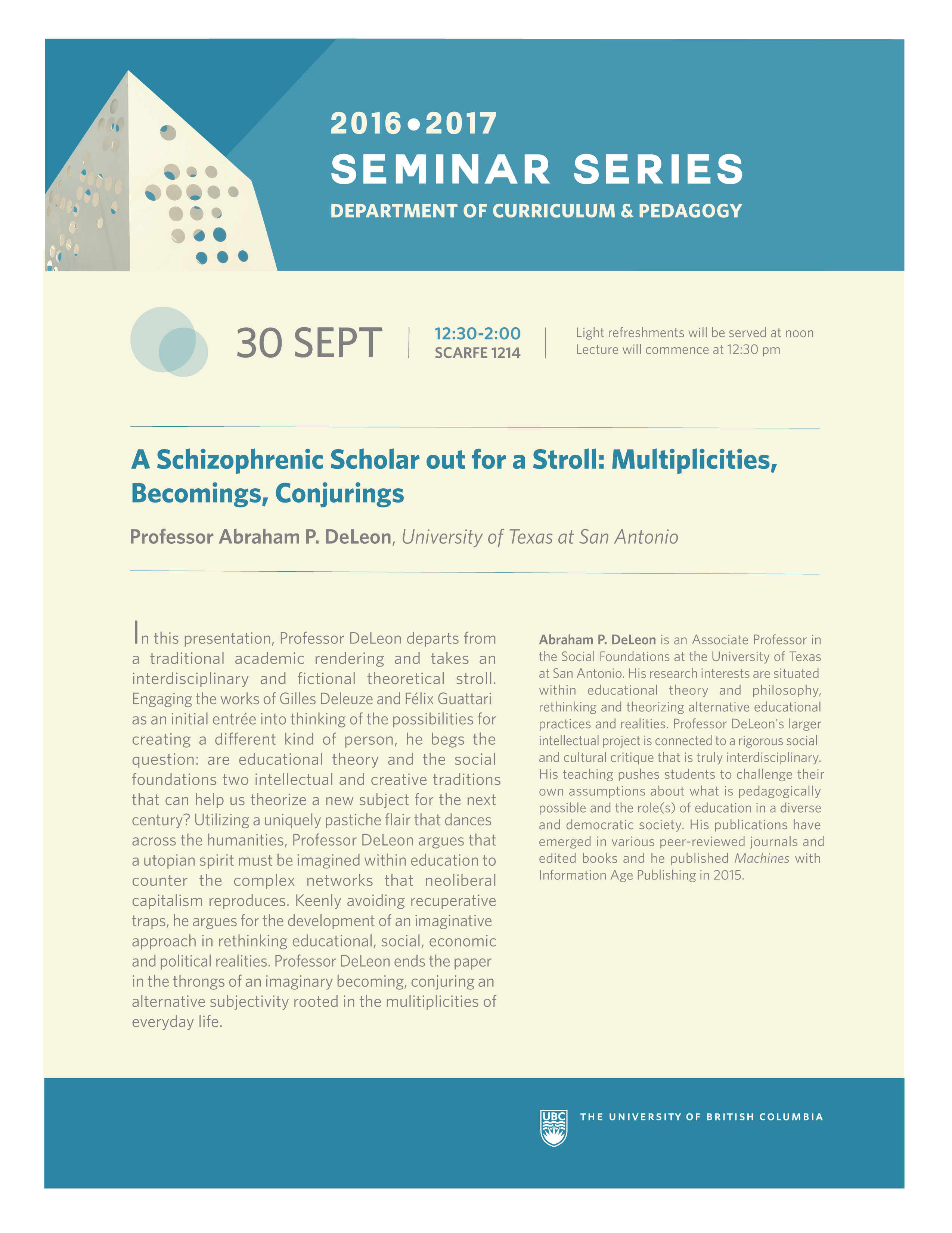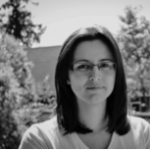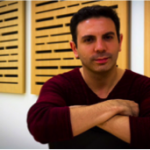Call for Manuscripts:
Critical Education
Radical Departures: Ruminations on the Purposes of Higher Education in Prison
Series Editors:
Erin L. Castro, University of Utah
Mary Rachel Gould, Saint Louis University
Higher education in prison is experiencing a moment of increased attention throughout the United States. The Second Chance Pell Program, an Experimental Sites Initiative facilitated by the U.S. Department of Education, has helped to propel access to education inside prisons into mainstream discourse. The commonsense justification provided for increasing access to higher education in prison, a bipartisan language spoken across the political landscape, hinges on a compelling rationale: access to higher education in prison reduces recidivism, lowers cost, and increases safety and security. Departing from conventional logic regarding the rationale for higher education in prison, this special edition considers possibilities and futurities regarding postsecondary educational opportunity made available inside prisons.
The series aims to explore how various educational theories and theorists can inform understandings of and desires for higher education in prison. We invite manuscripts that provide imaginative and theoretically grounded visions for postsecondary education inside prisons that are disentangled from the logics of the carceral state and the afore mentioned commonsense rationales for higher education in prison. Authors are invited to put on hold narrow discourses of recidivism to explore higher education inside prison through conceptual, empirical, theoretical, pedagogical, narrative, and poetic articles that approach this topic from a variety of perspectives, frameworks, and positionalities.
In considering higher education in prison, we especially seek manuscripts authored and/or co-authored by currently incarcerated and formerly incarcerated people, co-written essays among diverse stakeholders, and other creative configurations.
Manuscripts may examine, but are not limited to, the following questions:
- What does it mean to teach and/or learn on inside prisons?
- How can educational theory inform possibility inside prison classrooms?
- What does/should education mean inside prisons during hyperincarceration?
- What should be the purposes of higher education in prison?
- How can/do various educational theories take root inside prison classrooms?
- Which theoretical bodies are useful in (re)imagining and (re)engaging higher education in prison?
- How do examples in practice provide potential for re-theorization?
Manuscripts due: May 1, 2017.
For details on manuscript submission see: Critical Education Information for Authors
Additional questions can be directed to Erin L. Castro: erin.castro@utah.edu
 Renato Gazmuri, PhD
Renato Gazmuri, PhD
 Follow
Follow




